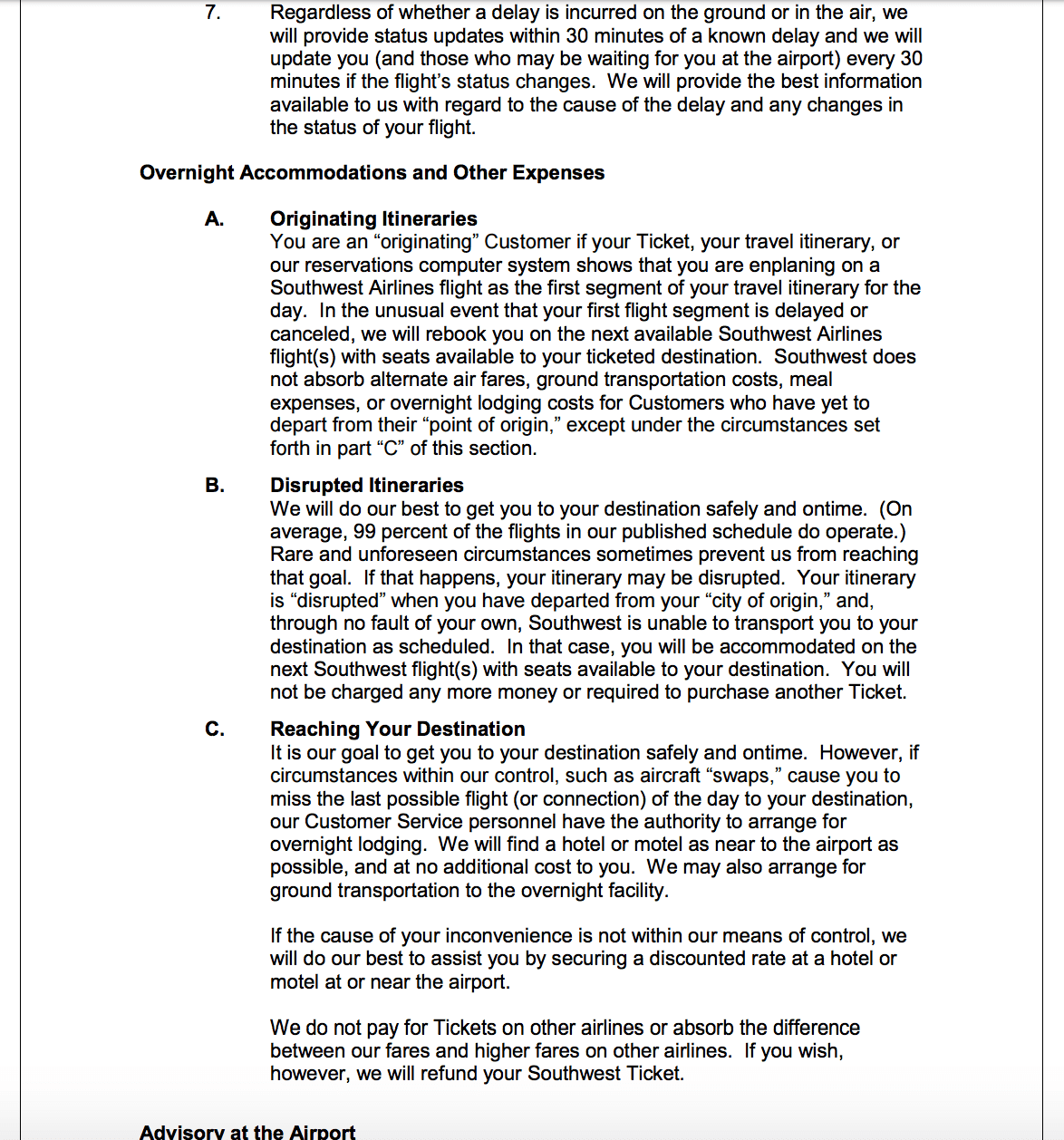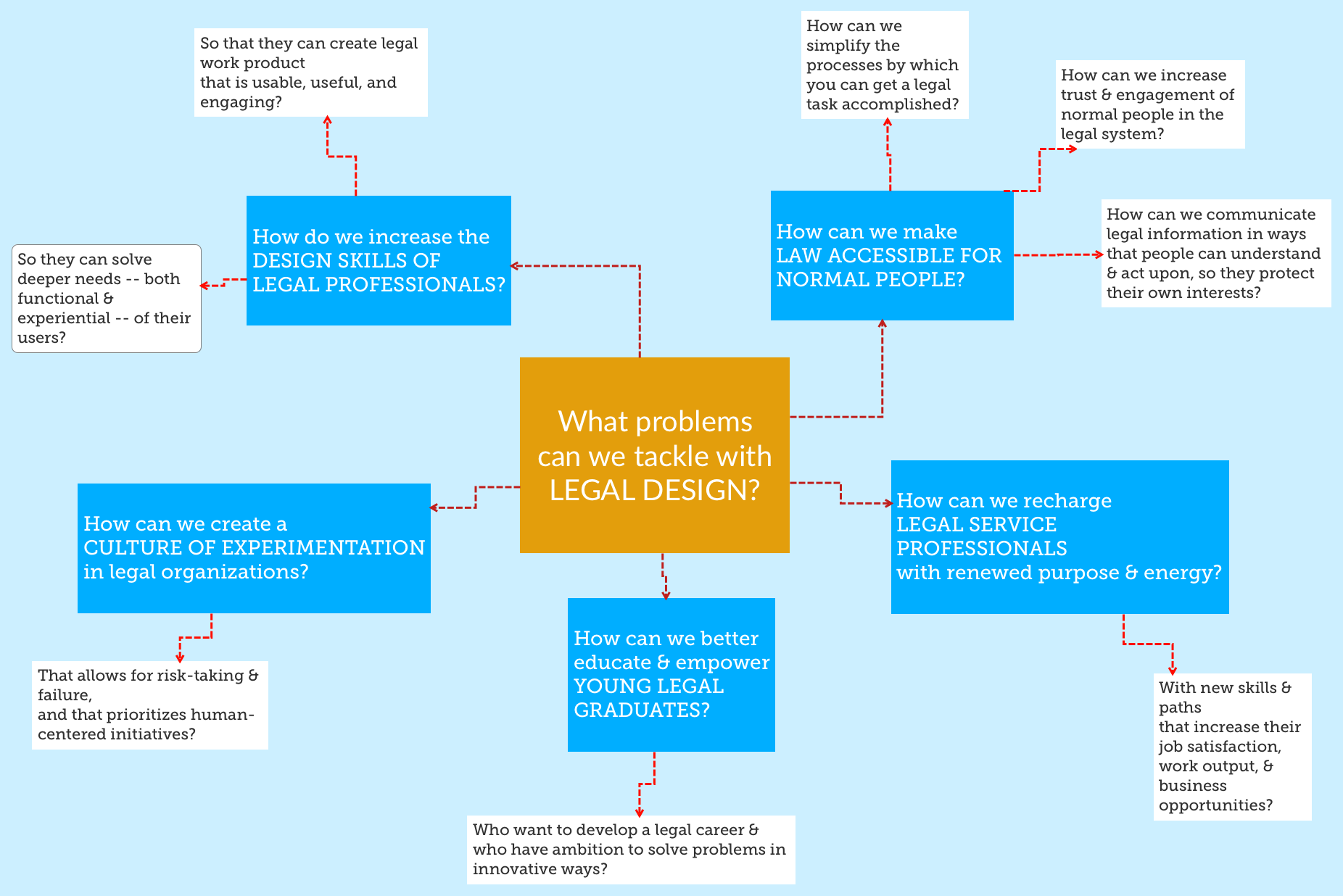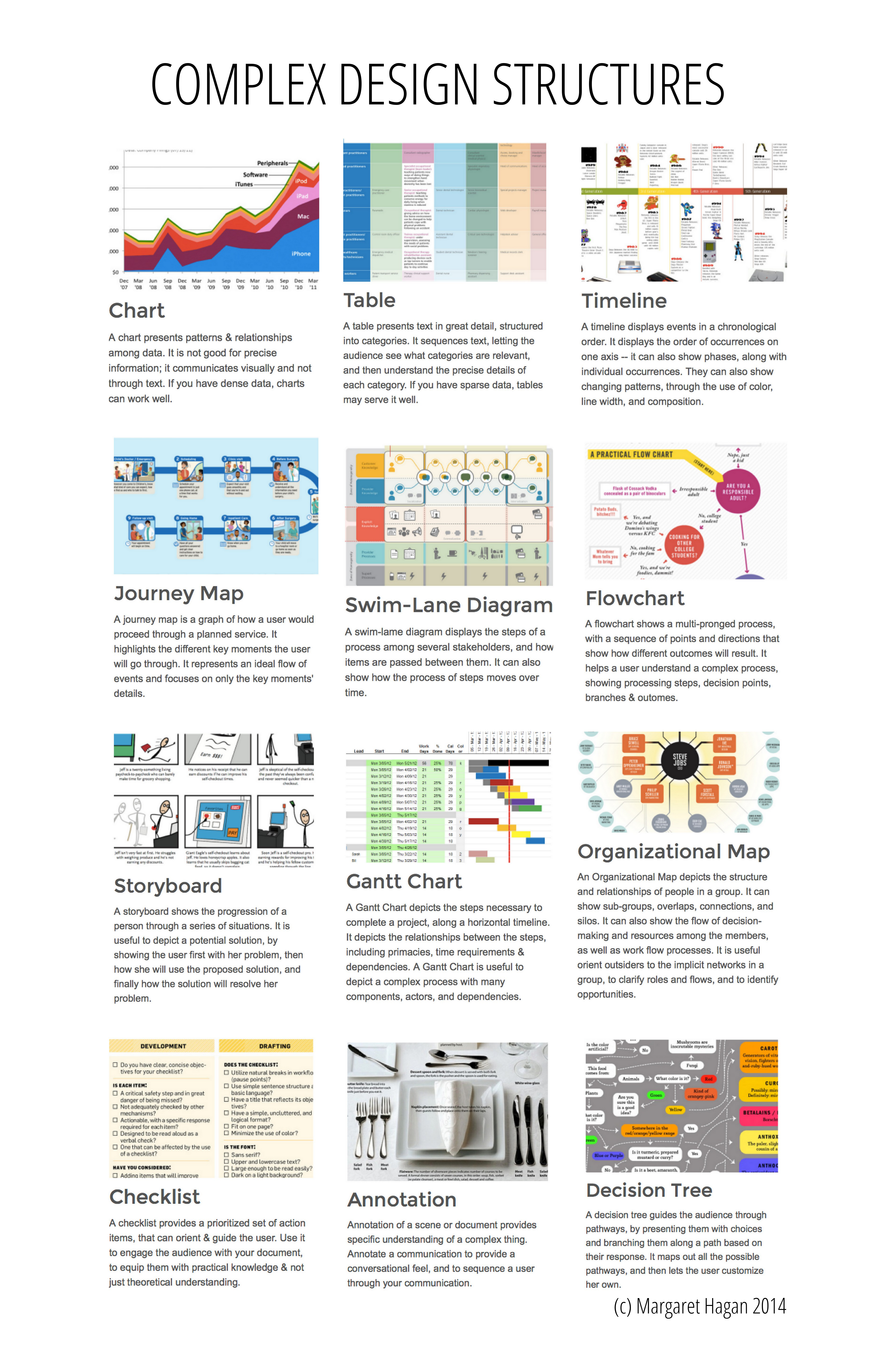
While watching CSPAN on Saturday morning (as you do), I came across a rerun of a hearing on airlines’ customer service. (Watch it yourself on C-SPAN’s website, it’s streaming for your convenience).
Among the points of pressure that the Senators were putting on the various US airlines’ senior vice presidents at the hearing was one close to my work: creating user-friendly consumer contracts.
– as consumer advocate William McGee testifies, the contracts are impossibly long, difficult to read, presented in dense paragraphs, without any prioritization, guidance, or clarity (see 4:04)
– attorneys in the aviation industry are not able to understand clauses in the contracts — so it is not just the length of them, but also the way that they are composed

– the airlines all say that they are interested in ‘simplification’ but have not concrete suggestions or timelines when confronted about when and how they can get to a 1 page, user-friendly version of passenger rights and entitlement — or an executive summary (see 1:07). They all say “it’s our goal” — so let us see if there is a new era of user-friendly airline disclosures, contracts, summaries or otherwise.
Southwest Airlines was the only company that has a document they presented as a point of pride — their Customer Service Commitment document, a 25 page document that lays out in sections + bullets what a passenger can expect.

What we see is the link between legal work product and customer service (and now also, political accountability). How corporate legal departments structure their policies, set up service processes, and communicate all of this — it matters to their customers’ experience, and it affects how Congress and administrative agencies might hold them accountable.



